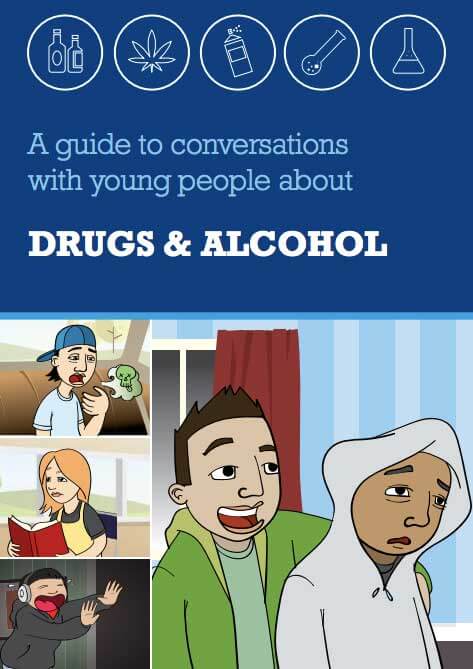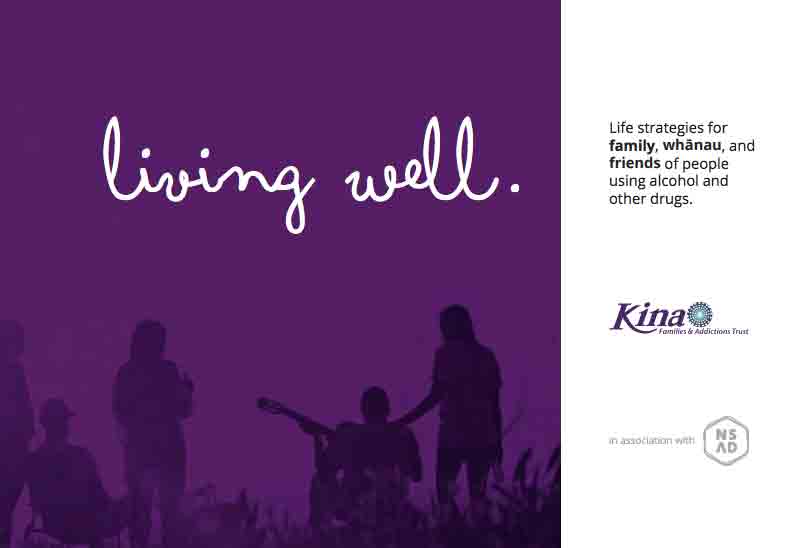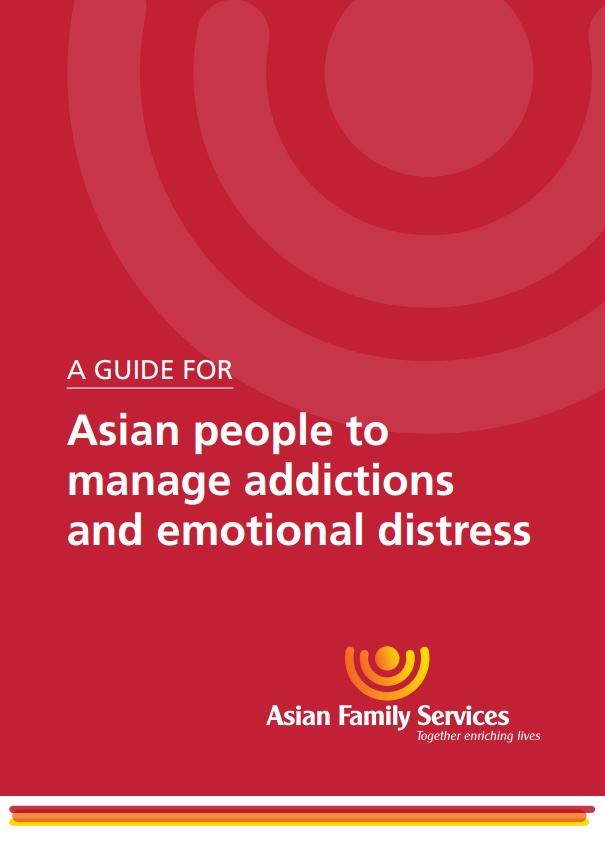The term addiction describes doing/taking/using something even though it cases harm to you or those around you, and you no longer have control over it. Anything you use a lot of and all the time (compulsively and obsessively) to ease tension or enhance your mood can become addictive.
Video: How Addiction Affects The Brain
This video may take a few moments to load.
(Dana Foundation, US, 2020)
Common addictions include:
- alcohol
- cigarettes (tobacco)
- P (meth), cannabis and other illegal drugs
- prescription medicines
- gambling
- gaming and social media
- work and study
- sex and porn.
Food is also considered by some people to be a source of addiction, but not everyone agrees making it a controversial topic.
Addiction is considered a mental illness and can be treated similarly to other mental illnesses with therapy, medication and lifestyle changes.









